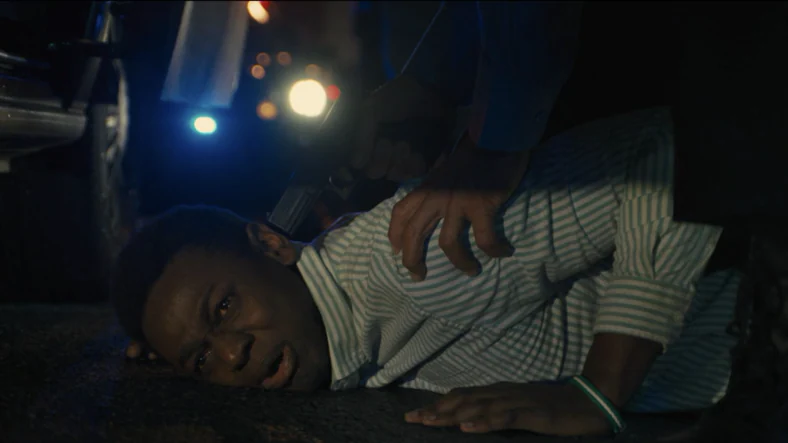‘Emergency’ is a film that brilliantly captures how racism haunts Black people and shapes our choices
Share
Explore Our Galleries
Breaking News!
Today's news and culture by Black and other reporters in the Black and mainstream media.
Ways to Support ABHM?
By Touré, theGrio
OPINION: What would you do if you were a Black man and found a young white girl blacked out on the floor of your place?

I saw an amazing Black film recently that no one is talking about—Emergency (it’s on Amazon Prime). It’s a gripping journey through one long, wild night where two Black college students on their way to a party find, on the living room floor, a drunk, vomiting, possibly dying white girl. This, of course, is an emergency. They don’t know who she is or how she got there but they know they are young Black men, which means they know their truth will not be believed. They know everyone will assume they put her in this position and are lying about having done nothing. So if they do the right thing and call the police, they will end up getting arrested or possibly shot.
They have a whole argument about the likelihood of getting shot by police. But their hearts won’t let them just leave her to die. So they try to get her help, leading them to drive around with this limp white girl in their van. It’s an insane adventure that reminds me of the story of the tar baby, a statue covered with tar. The more you fight against it, the more you get stuck to it. In each scene, things get worse and worse. It reminds me of other sophisticated independent films like Dear White People, Dope and Zola, which blends comedy with a thrilling adventure, racial realness and serious stakes to tell great Black stories in really interesting ways.
Emergency is a film that deals brilliantly with how racism haunts us and shapes Black choices. Racism is like another character in the film, a monster quietly closing off the movie’s easy choices (call the police) and leaving the brothers with nothing but hard options (find a way to get this girl to the hospital without anyone noticing). In Black lives, racism can turn the easiest interaction into the premise of a horror film. Racism, for the two men, means they won’t be believed when they say they had nothing to do with this girl being sick, so they have to try to save her in a way that doesn’t implicate them. It’s frightening as hell—here’s a dying white girl who you have to save without anyone knowing that you’re saving her because if they realize you are then they will surely think you are the reason why she’s dying.
Finish the analysis of this thoughtful movie.
Black filmmakers have a chance to tell stories from a different reference point, including the upcoming films about African warriors and Emmett Till.
Never miss Black culture news.









Comments Are Welcome
Note: We moderate submissions in order to create a space for meaningful dialogue, a space where museum visitors – adults and youth –– can exchange informed, thoughtful, and relevant comments that add value to our exhibits.
Racial slurs, personal attacks, obscenity, profanity, and SHOUTING do not meet the above standard. Such comments are posted in the exhibit Hateful Speech. Commercial promotions, impersonations, and incoherent comments likewise fail to meet our goals, so will not be posted. Submissions longer than 120 words will be shortened.
See our full Comments Policy here.